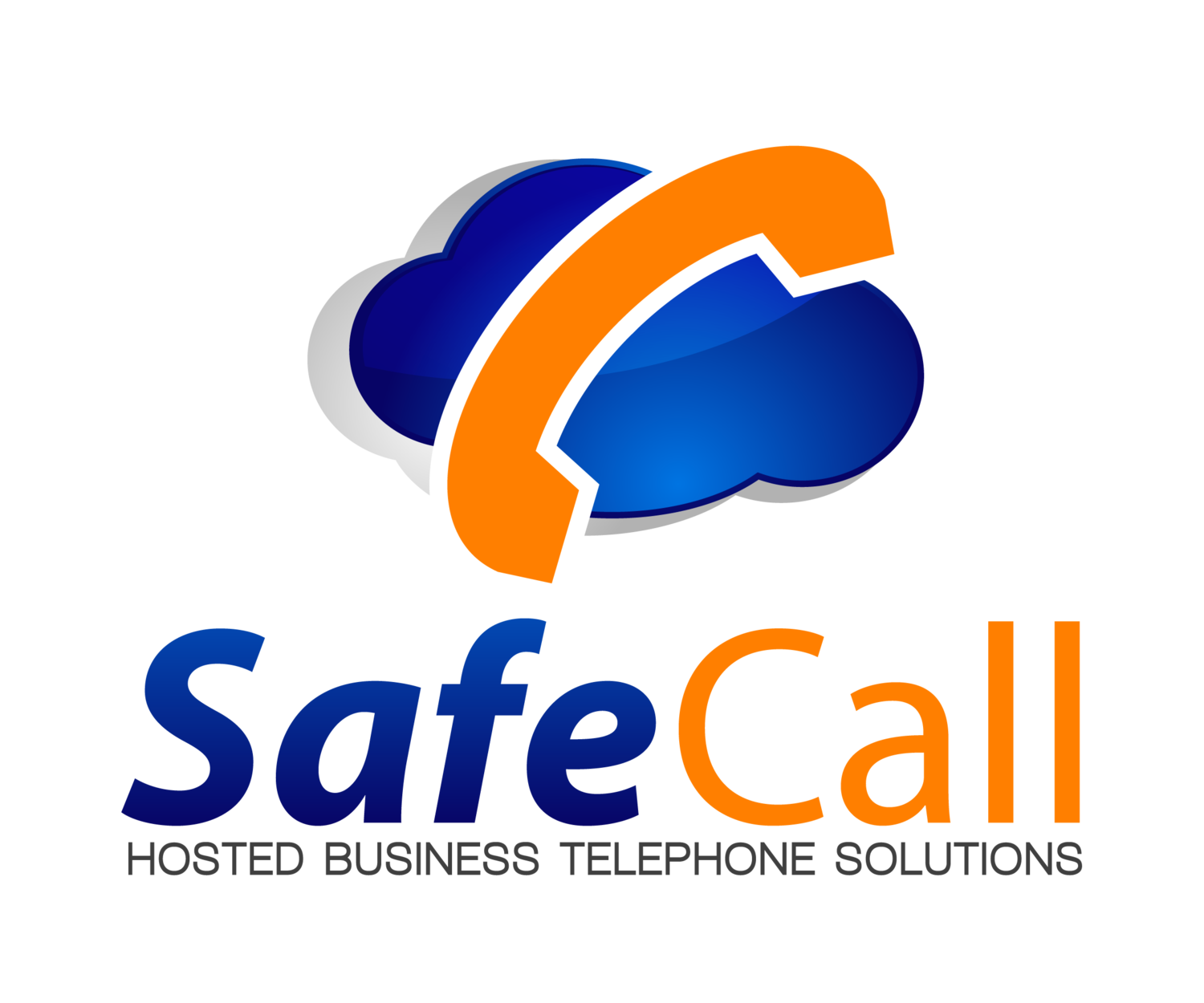Business telephone lines, what are the options?
VoIP telephone service, digital telephone service, analog telephone service, which one is right for your business?
VoIP (voice over Internet Protocol)
These days, I would estimate that at some point virtually every call that is placed in the U.S. travels as a VoIP call, [person on phone] taken as a whole it is an extremely relaible technology. For the purposes of this article, I will focus on VoIP service that is broken out as analog lines, PRI, delivered as SIP trunks direct to an IP phone system or offered through a hosted IP PBX. These can be good options and can be very cost effective. Many SIP trunk and hosted IP PBX options will offer higher level features and give you more control over your telephone numbers vs. analog or digital lines. You will need a broadband Internet connection that is adequate to meet your requirements and depending on how your VoIP service is implemented you may need a reliable commercial grade data network. Keep in mind, with VoIP services if your Internet connection goes down, at least a portion of your voice services will go down with it.
Digital Telephone Services
I define these as telephone lines that are controlled by the carrier and delivered over their network. Typically, these will be delivered to the customers phone system as analog lines, PRI, T-1, or carrier provided SIP trunks. Often customers will find these products to be lower cost vs. true analog lines. Also if delivered as PRI to a PRI compatiable phone system these services can deliver DID (direct inward dial) numbers and better caller ID options than true analog lines. These services are delivered over the same circuit as your Internet, so if your Internet is down, your telephone lines are more than likely down also.
Analog Telephone Services
Also known as POTS (plain old telephone service). Typically POTS lines will be priced higher and offer less features than VoIP or digital options. However, they can be rock solid and for many smaller customers who do not have access to reasonable priced broadband Internet options they may be the only alternative. Analog lines are good choices for heavy fax use. Fax is an older technology that doesn't always respond well to VoIP service. Analog lines are a good choice for alarm systems, as they continue to provide dial tone even if the Internet or power is out.
